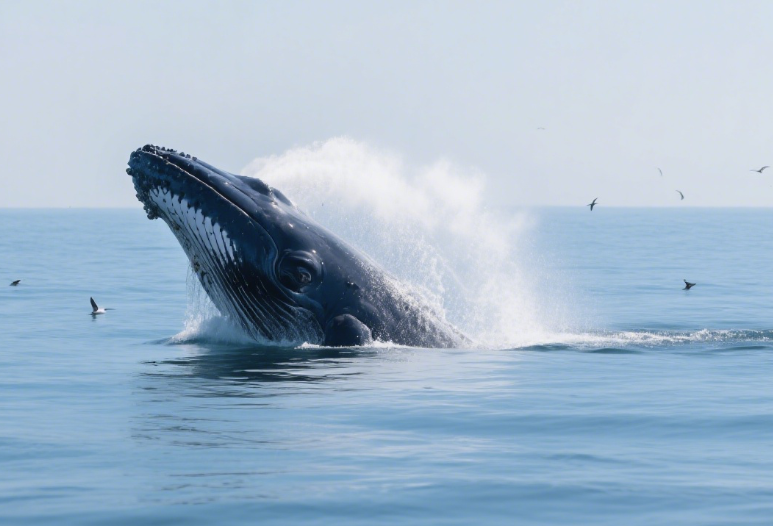Research from Stanford University found that blue whales may accidentally ingest up to 10 million microplastics per day, with their feeding depth (50–250 meters) coinciding with the peak plastic concentration zone of the Great Pacific Garbage Patch. As the primary food source for blue whales, krill contain microplastics that, when combined with heavy metals, amplify toxicity by fivefold, leading to a 60% increase in the incidence of digestive ulcers in blue whales.

Leave a Reply